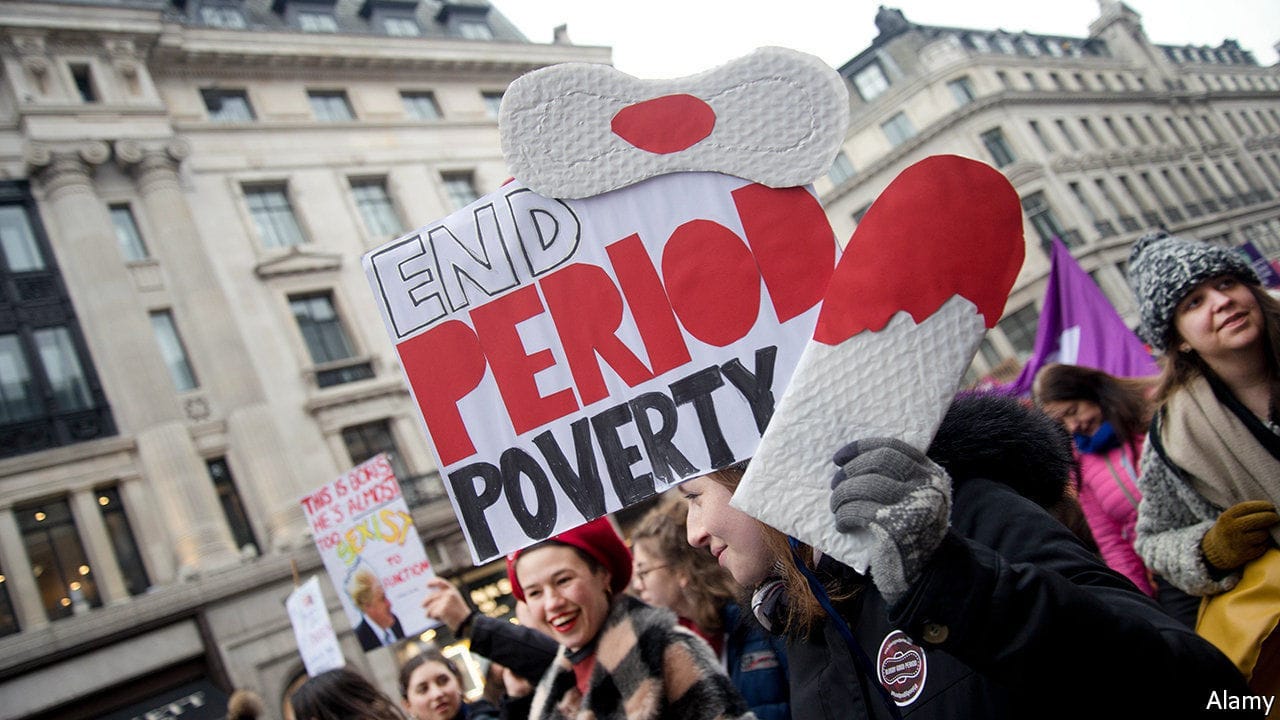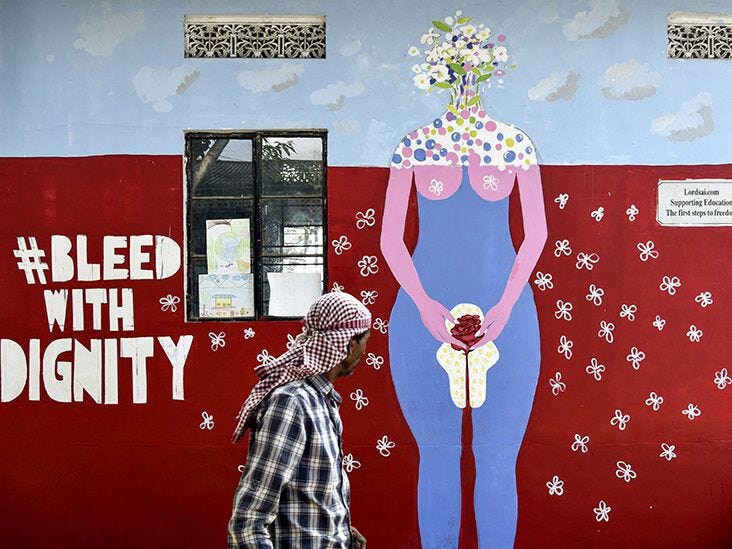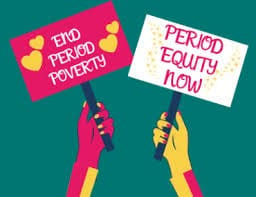Today’s newsletter is about period poverty.
It’s a subject that is often met with discomfort or silence — especially by men.
And while it is an issue that many prefer not to think about, it plays a major role in global inequality.

A 2023 paper titled Period Poverty: A Neglected Public Health Issue defines period poverty as:
women “having insufficient access to menstrual products, education, and sanitation facilities.”
Lack of access to menstrual products prevents:
girls from attending school,
women from participating fully in the workplace,
communities from reaching real equality
It’s not just about having access to tampons and other period products.
It’s also about having access to clean water and hygienic facilities.
Here are some striking statistics about the effects and scale of period poverty worldwide:
An estimated ~500 million women worldwide lack access to “menstrual products and adequate facilities for menstrual hygiene management.”
1 out of every 10 menstruating youth misses school during their menstrual cycle due to a lack of access to menstrual products and resources.
1.25 billion women around the world don't have access to a safe, private toilet.
The impact of period poverty goes beyond the physical aspects of menstrual hygiene.
It also affects mental health, self-esteem, and educational opportunities.
And period poverty contributes to global inequality in ways that may surprise you.
The inability to participate fully in educational or professional activities can perpetuate the cycle of poverty, limiting a woman’s potential for upward social mobility and making it more difficult achieve financial and personal independence.

What are governments doing to end period poverty?
Scotland became the first country in the world to offer free period products to anyone who wants them in 2020.
New Zealand followed suit by offering free period products in schools starting in the 2021 academic year.
Then-Kiwi Prime Minister Jacinda Ardern said at the time:
“Young people should not miss out on their education because of something that is a normal part of life for half the population.”
Tampon Taxes:
Many argue that menstrual products like tampons and pads should be exempt from sales or value-added tax, since they are essential health items for women.
The so-called “tampon tax” is part of a broader issue known as the “pink tax” — the tendency for products marketed to women to cost more than comparable items marketed to men.
The British government end stopped charging its value-added tax on the sale of period products in 2021, following a similar move by Germany in the year prior.
Critics have called such sales taxes a "tampon tax", and a total of 17 countries have taken steps to ending the practice.
Women's health advocates have noted that period products are still taxed as non-essential goods in dozens of U.S. states.
Growing awareness of period poverty and ongoing efforts by governments to provide free period products raises a question:
Are tampons a human right?
Period poverty is more than just a health issue.
It's also a matter of justice.
The good news: it's a solvable problem.
As more countries take action, the question becomes not whether we should act, but how we will ensure no girl or woman is held back because of her period.
ART OF THE DAY










Own our bodies, call a period a period, blood is blood 🩸 tell the wimpy men in your life to build a bridge and get over it. Prepare to defend your right to speak and use your voice, look people in the eye and with conviction speak “your” truth. Time to own our bodies, our souls, our voices time to throw “Adam” under the bus. (The wimp didn’t even have the juevos to own his actions. “The temptress made me do it.”) FOR ALL CREATIONS SAKE WOMEN WAKE UP AND OWN YOURSELF!!
Thank you for raising awareness about an important topic!